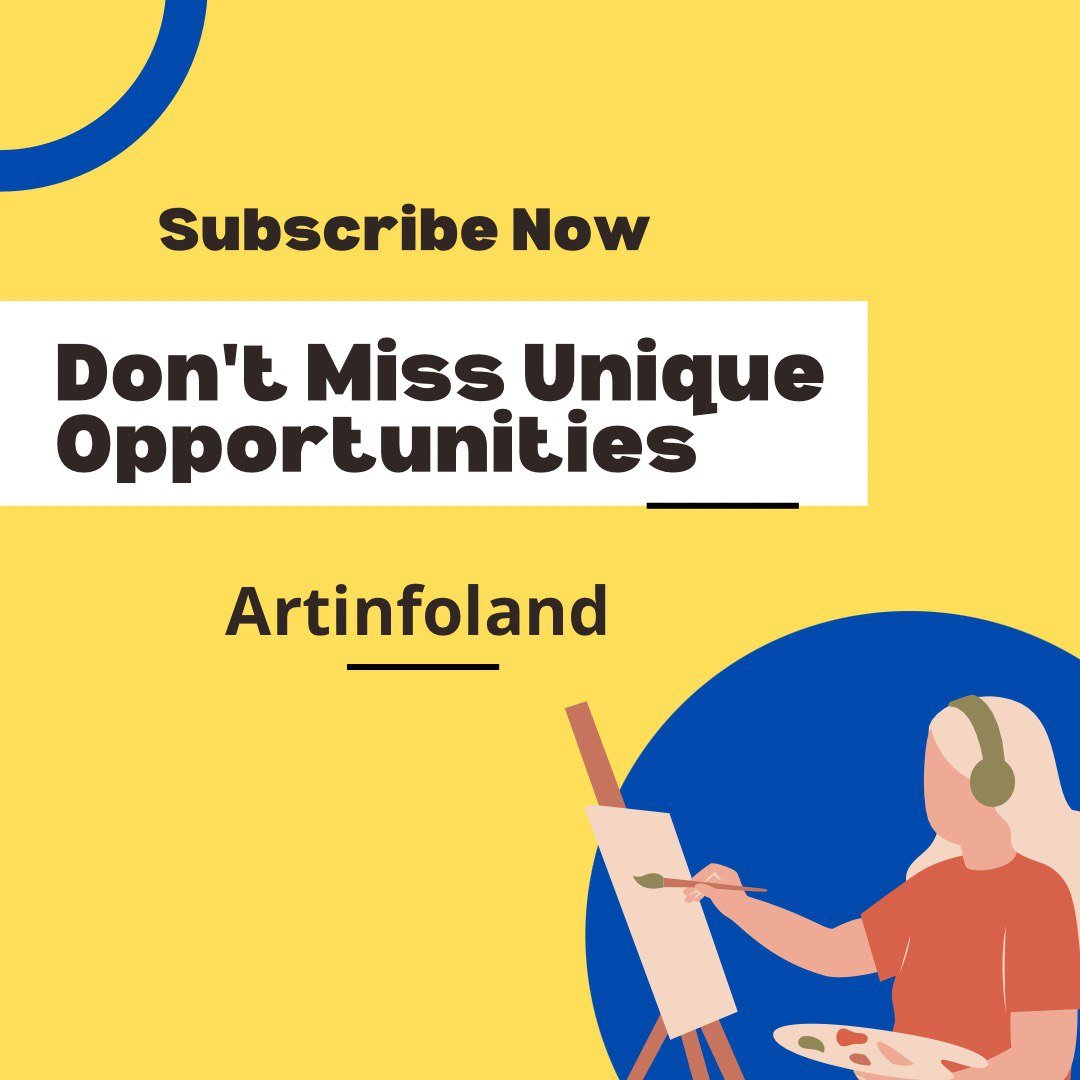A programme for researchers, museum and heritage professionals to exchange knowledge on urgent societal challenges & complex histories of their institutions.
The Sharing Stories on Contested Histories programme by the International Heritage Cooperation is now open to applications.
About the programme
Urgent societal challenges such as the climate crisis, social injustice, economic inequality and the threat to democracy are urging museum and heritage professionals to reflect on their role in society and on their own working practices. Many of these issues have a deep connection to our recent and less recent past, and to the histories and practices of museums themselves. The 2024 edition of the Sharing Stories on Contested Histories programme will explore how striving for equity may look like in our work, by stimulating and facilitating an exchange of knowledge, tools and experiences regarding our professional practices.
This touches on many aspects of museum and heritage work, such as exhibition-making, public programming, research and developing (international) collaborations. It involves reflecting on our positionality and acknowledging the institution’s own entanglements with these histories – think, for example, of museums founded in colonial times to support colonial policies and handling historic objects and belongings that are now at the centre of restitution debates. It requires developing practices of care, inclusivity and accessibility, and sometimes imagining new concepts and professional practices that speak to different challenges and needs.
The increasing focus on notions of care and reparative practices is an important and urgent development in the museum and heritage sectors. Yet it is also a challenging task, as it often involves navigating opposing perspectives and different kinds of tensions and emotions, and sometimes facing resistance from within or outside one’s organisation. The Sharing Stories on Contested Histories programme brings together a group of young museum and heritage professionals and (independent) researchers and curators from different countries around the world to facilitate an exchange on the work practices involved in addressing these challenges. We believe that exchanging knowledge and experience with peers working in different contexts can be really impactful. It can lead to the development of new insights, practices and tools, while learning about each other’s (entangled) histories and building more equitable relations.
Who can apply?
This programme is conceptualised for young museum and heritage professionals, researchers and independent practitioners who are actively dealing with the issues described above. We expect participants to have at least three years of work experience in this field and to actively contribute to the programme by bringing in examples and reflections from their own practice, including questions or challenges they are facing or projects that they are working on.
Professionals based in or from one of the following countries: Australia, Belgium, Brazil, China, Egypt, France, Germany, Ghana, Hungary, India, Italy, Indonesia, Japan, Morocco, the Kingdom of the Netherlands (both European and Caribbean regions of the Netherlands), Poland, Russia*, Spain, Sri Lanka, Suriname, Ukraine, Turkey, United Kingdom, United States, South Africa and South Korea.
*Cooperation with Russian state institutions and organisations is currently suspended (see the letter of the State Secretary, in Dutch.) We will consider applications from Russian professionals and academics working in private and independent organisations or independently.
How to apply
The programme will accept a minimum of 15 participants. To apply for the training, candidates are invited to submit a motivation letter (maximum of 2 A4 pages) and a CV to Sofia Lovegrove by 29 June 2024.
CV
Please include the following information in your CV:
- Personal information: full name, address, email address, gender, date of birth
- Education
- Relevant work experience
- Level of English
Motivation letter
The motivation letter should address the following questions and be no longer than 2 pages:
- Work experience: Please write about your current responsibilities and day-to-day work and how they relate to the topics of this programme. Please provide us with a brief summary of your most important career stages up until now.
- Motivation: Why do you want to join this programme?
- Goals: What are your specific goals for your participation in this programme? What do you hope to gain from this programme?
- Challenges: Which challenges are you faced with in your work that you would like to further address during your participation?
- Benefits: How would you use your experience of Sharing Stories on Contested Histories to benefit your work and organisation?
- Exchange: What do you feel are the benefits and challenges of participating in an international exchange programme on these topics?
- Is there any further information that you would like to share?
Selection criteria
The participants will be selected on the basis of the following criteria:
- The candidate works in the museum, heritage, or academic field in one of the countries listed above.
- The candidate is proficient in the English language, both written and spoken, since all participants are expected to actively participate in all parts of the programme.
- The candidate has at least three years of relevant work experience.
- The candidate is available for the entire duration of the programme.
- Motivation and level of involvement in the topics addressed in the training.
- We will seek to create a balanced representation in the group of participants, taking notice of country, age and gender.
The deadline to apply is 29 June 2024, to ensure sufficient time to make the necessary travel arrangements. The results of the selection will be communicated in the second week of July 2024. An interview may be part of the selection process.
Costs
The costs for accommodation in Amsterdam, breakfast, lunch and local transportation (between 9 and 17 November) are covered by the organisers. Participants are expected to cover for their travels to the Netherlands (including visa and insurance costs) as well as some of the meals during their stay. In circumstances where participants are not able to cover for their travel costs, we will explore possibilities of financial support.
